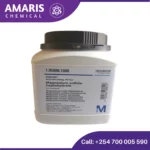
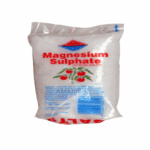
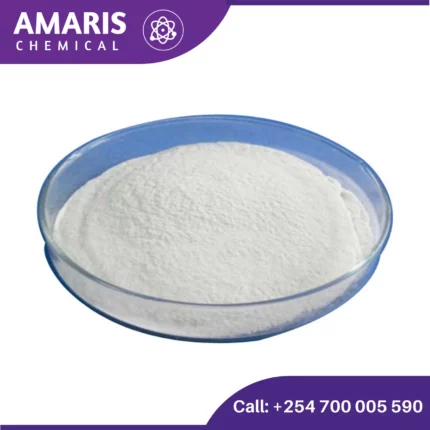
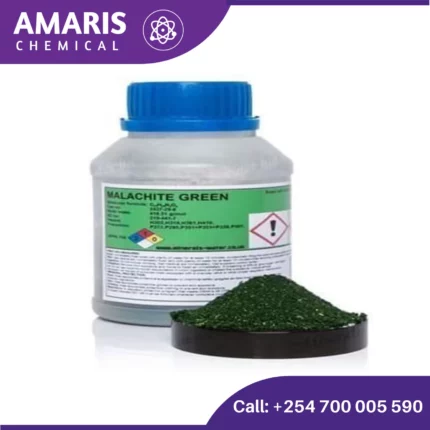
Magnesium Sulphate 500gm
$2,500.00 Original price was: $2,500.00.$2,300.00Current price is: $2,300.00.
Magnesium sulphate, also known as Epsom salt, is a chemical compound that consists of magnesium, sulfur, and oxygen. It is a crystalline substance that is commonly used in bath salts and as a natural remedy for various ailments. The name “Epsom salt” is derived from the town of Epsom in Surrey, England, where the compound was first discovered in natural mineral springs. Epsom salt has a variety of uses, including as a laxative, a muscle relaxant, and a treatment for skin conditions such as eczema and psoriasis. It can also be used as a fertilizer for plants
Magnesium Sulphate
Magnesium sulfate has several laboratory uses due to its chemical properties. Here are some common applications:
- Desiccant (Drying Agent):
- Anhydrous magnesium sulfate is used as a drying agent to remove water from organic solvents due to its hygroscopic nature. It is effective in drying organic compounds without reacting with them.
- Reagent in Synthesis:
- Used as a reagent in chemical synthesis, especially in the preparation of other magnesium compounds.
- It can be used in Grignard reactions after being activated by drying to form magnesium organometallic compounds.
- Standard Solutions:
- Used to prepare standard solutions for titration in analytical chemistry. Magnesium sulfate solutions can be used as a source of magnesium ions in various titrations.
- Nutrient Medium:
- In microbiology, magnesium sulfate is used in culture media to supply essential magnesium for microbial growth.
- It is often added to plant tissue culture media to provide necessary nutrients for plant growth and development.
- Precipitating Agent:
- Employed as a precipitating agent in the purification of proteins and other biomolecules. It helps in the selective precipitation of certain proteins from solutions.
- Buffer Solutions:
- Incorporated into buffer solutions to maintain the ionic strength and stability of the solution. It is particularly useful in biochemical and molecular biology experiments.
- Catalyst:
- Acts as a catalyst in certain organic reactions, such as in the formation of alcohols from alkenes and in the conversion of alkenes to diols.
- Calorimetry:
- Used in calorimetry experiments to study the heat of dissolution and other thermodynamic properties of solutions.
- pH Adjustment:
- Magnesium sulfate can be used to adjust the pH of solutions in various chemical and biochemical applications.
- Analytical Chemistry:
- Utilized in the analysis of water hardness and in the determination of sulfate content in various samples through gravimetric or titrimetric methods.


 Emollients
Emollients Humectants
Humectants UV Filters
UV Filters Surfactants (cosmetic)
Surfactants (cosmetic) Preservatives (cosmetic)
Preservatives (cosmetic) Fragrances and Essential Oils
Fragrances and Essential Oils Antioxidants (cosmetics)
Antioxidants (cosmetics)
 Solvents (lab)
Solvents (lab) Chromatography Chemicals
Chromatography Chemicals Microbiology and Cell Culture Reagents
Microbiology and Cell Culture Reagents Biochemical Reagents
Biochemical Reagents Inorganic and Organic Standards
Inorganic and Organic Standards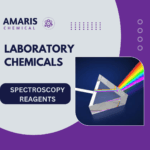 Spectroscopy Reagents
Spectroscopy Reagents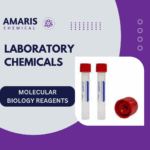 Molecular Biology Reagents
Molecular Biology Reagents
 Precious Metal Extraction Agents
Precious Metal Extraction Agents
 Plasticizers
Plasticizers Polymerization Initiators
Polymerization Initiators Stabilizers
Stabilizers Monomers
Monomers Fillers and Reinforcements
Fillers and Reinforcements Antioxidants (plastics)
Antioxidants (plastics) Colorants (plastic pigments,Dyes)
Colorants (plastic pigments,Dyes)
 Fertilizers
Fertilizers Plant Growth Regulators
Plant Growth Regulators Soil Conditioners
Soil Conditioners Animal Feed Additives
Animal Feed Additives Biostimulants
Biostimulants
 Dough Conditioners
Dough Conditioners Flour Treatments
Flour Treatments Fat Replacers
Fat Replacers Preservatives (baking)
Preservatives (baking)
 Surfactants (cleaning)
Surfactants (cleaning) Builders
Builders Bleaching Agents
Bleaching Agents Enzymes
Enzymes Solvents (cleaning)
Solvents (cleaning) Fragrances
Fragrances Disinfectant
Disinfectant Metal cleaning
Metal cleaning
 Binders/Resins
Binders/Resins Pigments
Pigments Solvents (paint)
Solvents (paint) Additives
Additives Driers
Driers Anti-Corrosion Agents
Anti-Corrosion Agents Specialty Coatings
Specialty Coatings Functional Coatings
Functional Coatings Application-Specific Coatings
Application-Specific Coatings
 Sealants and Adhesives
Sealants and Adhesives
 Biodegradable Surfactants
Biodegradable Surfactants Bio-based Solvents
Bio-based Solvents Renewable Polymers
Renewable Polymers Carbon Capture Chemicals
Carbon Capture Chemicals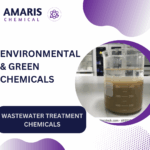 Wastewater Treatment Chemicals
Wastewater Treatment Chemicals
 Preservatives (food)
Preservatives (food) Flavor Enhancers
Flavor Enhancers Acidulants
Acidulants Sweeteners
Sweeteners Emulsifiers
Emulsifiers Antioxidants (food)
Antioxidants (food) Colorants (food)
Colorants (food) Nutrient Supplements
Nutrient Supplements Nutraceutical Ingredients
Nutraceutical Ingredients
 Fresh Herbs
Fresh Herbs Whole Spices
Whole Spices Ground Spices
Ground Spices Spice Blends
Spice Blends
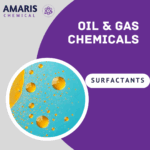 Surfactants(oil)
Surfactants(oil)
 Antibiotics
Antibiotics Active Pharmaceutical Ingredients
Active Pharmaceutical Ingredients Excipients
Excipients Vaccine Adjuvants
Vaccine Adjuvants Nutraceutical Ingredients
Nutraceutical Ingredients Solvents (pharmaceutical)
Solvents (pharmaceutical)
 Automotive chemicals
Automotive chemicals Pyrotechnic Chemicals
Pyrotechnic Chemicals


 Vulcanizing Agents
Vulcanizing Agents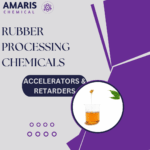 Accelerators & Retarders
Accelerators & Retarders Antidegradants
Antidegradants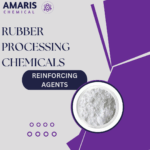 Reinforcing Agents
Reinforcing Agents Plasticizers & Softeners
Plasticizers & Softeners Fillers & Extenders
Fillers & Extenders Blowing Agents
Blowing Agents Adhesion Promoters
Adhesion Promoters
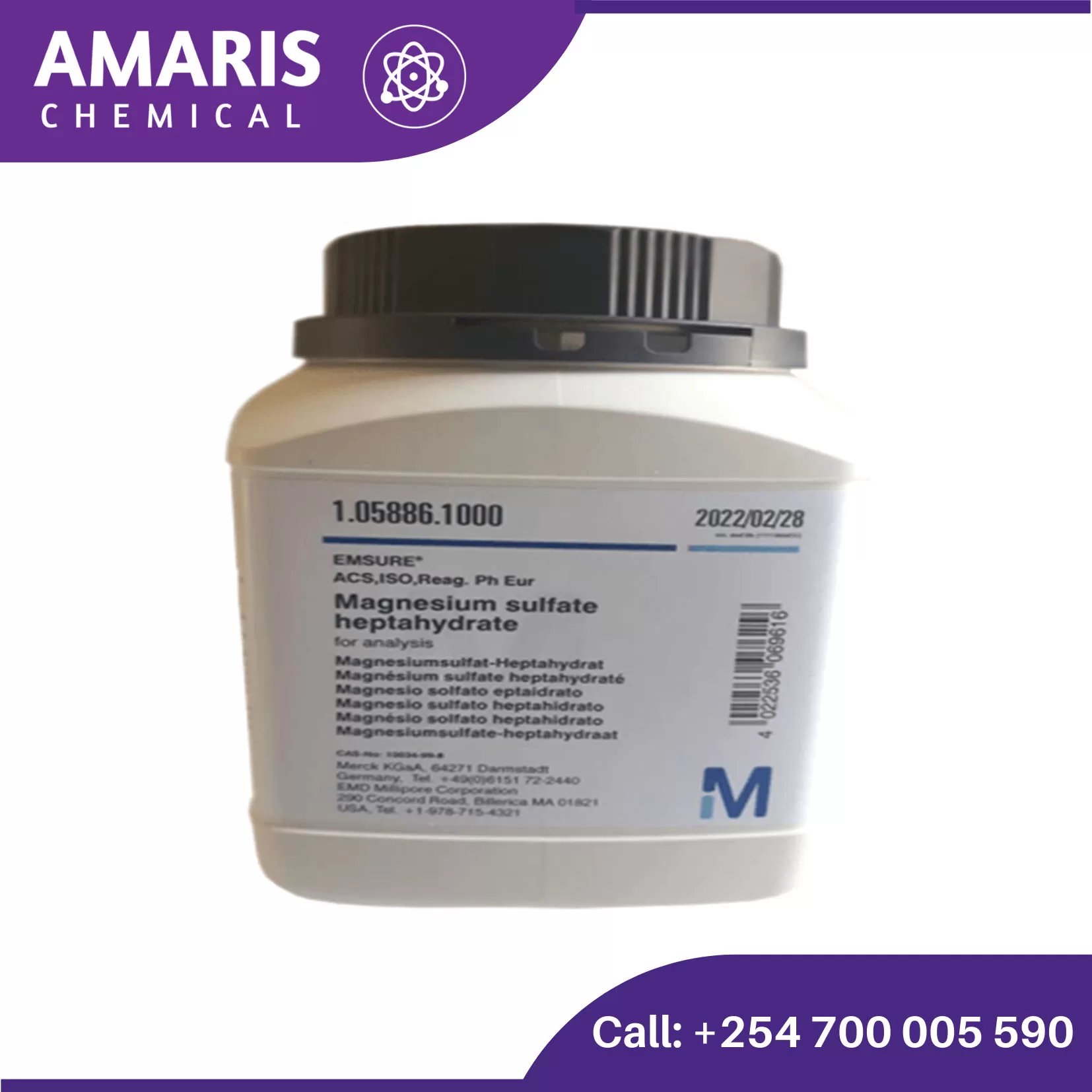
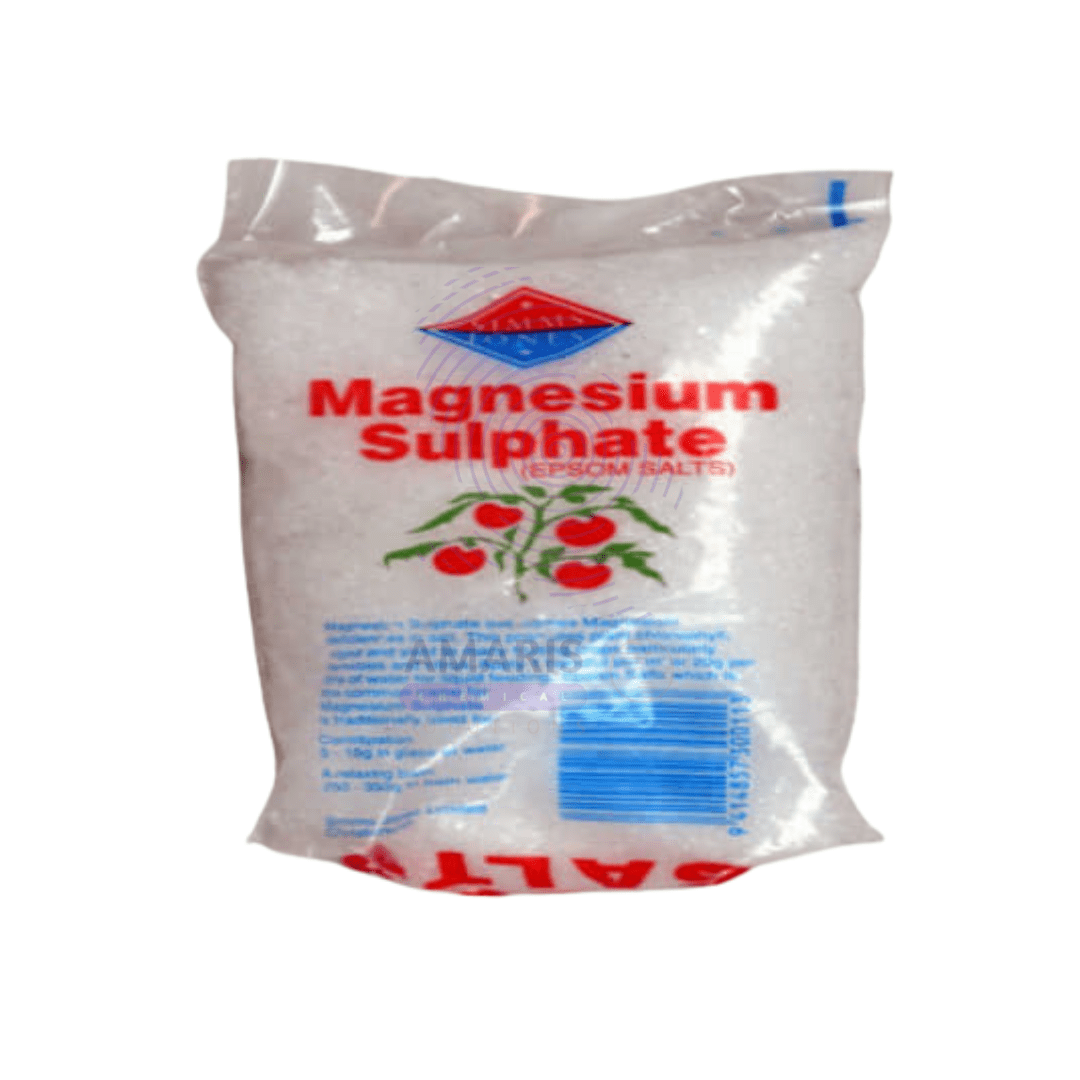
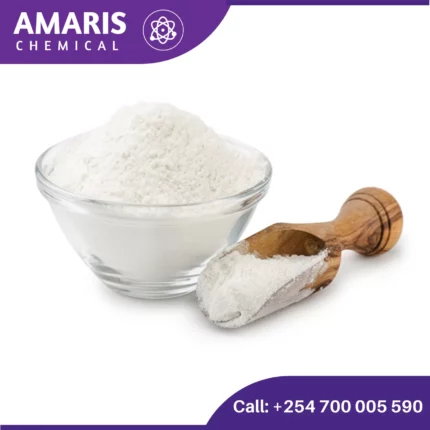
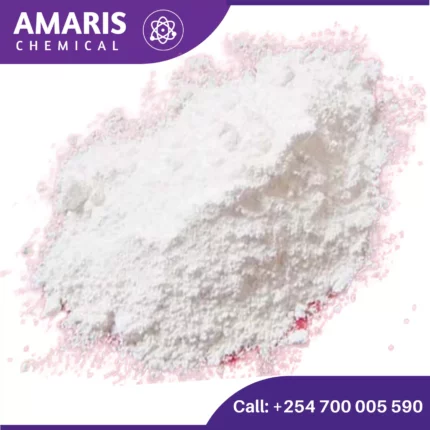
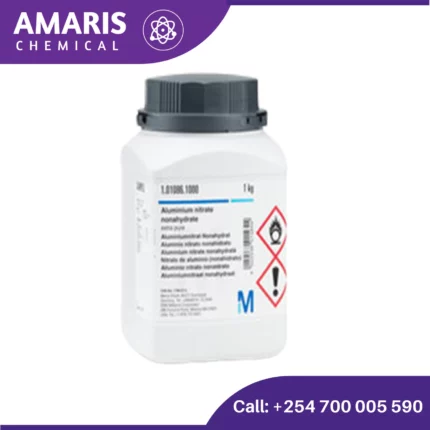
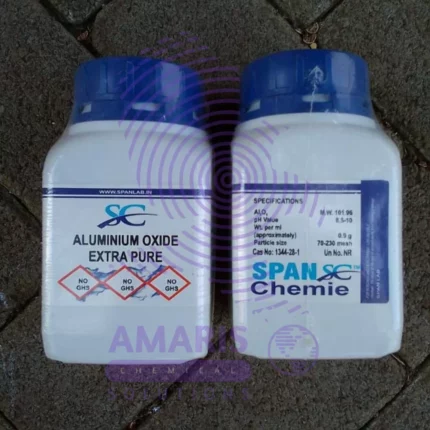
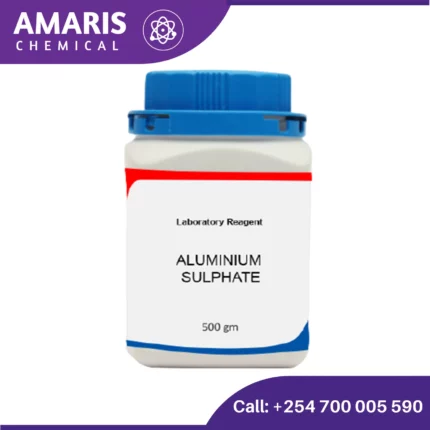

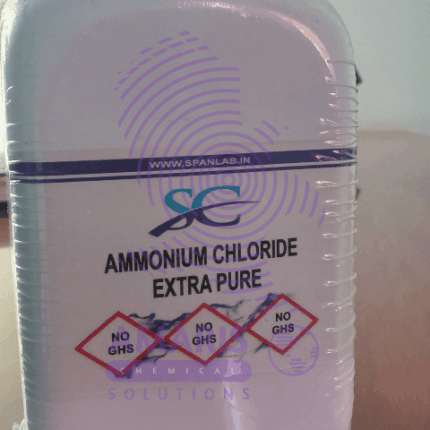
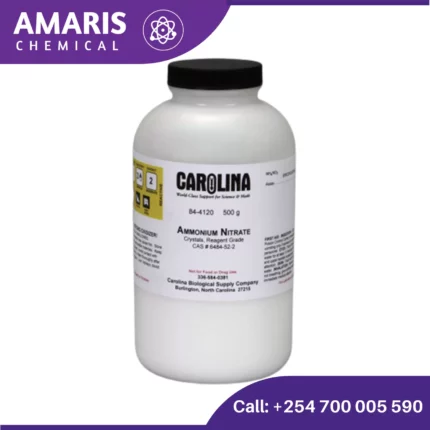













Reviews
There are no reviews yet.